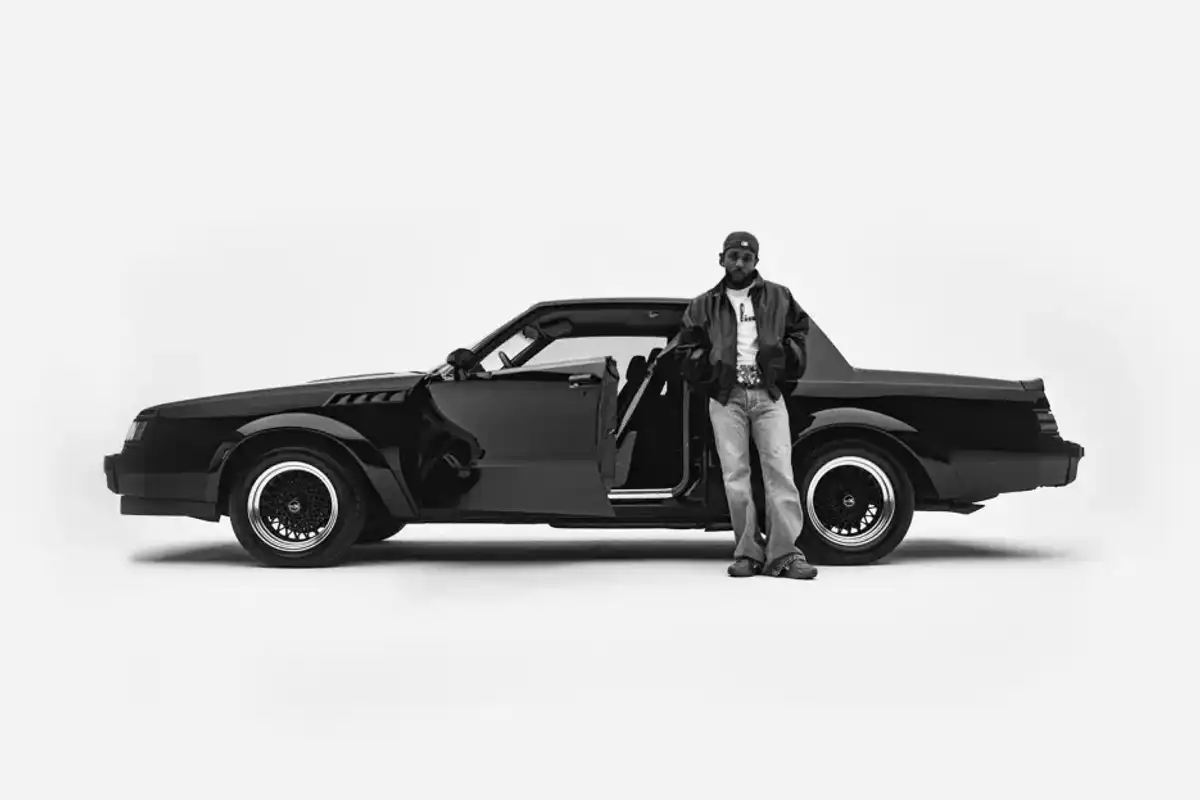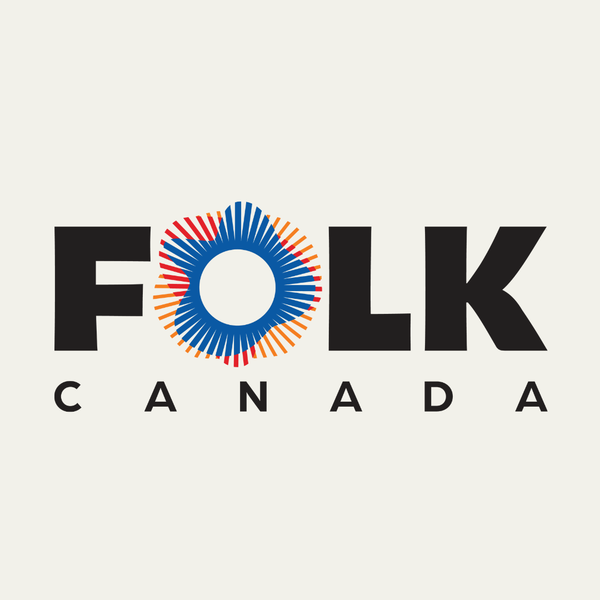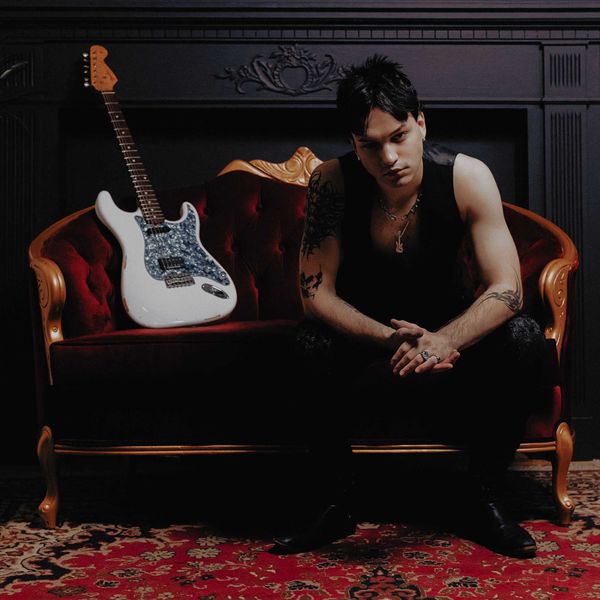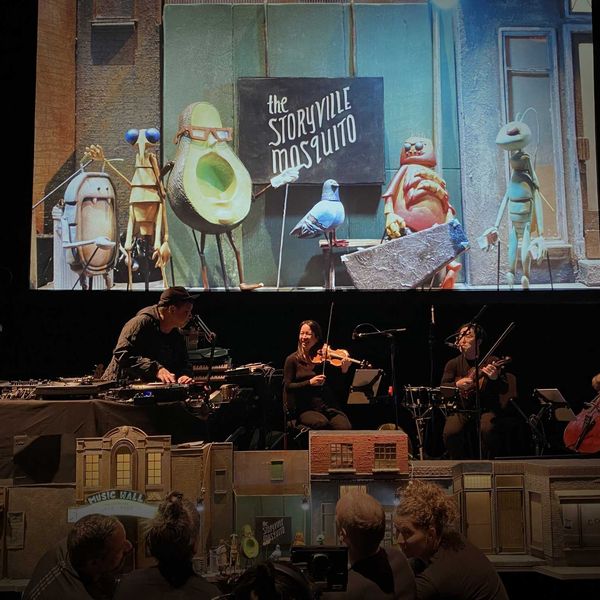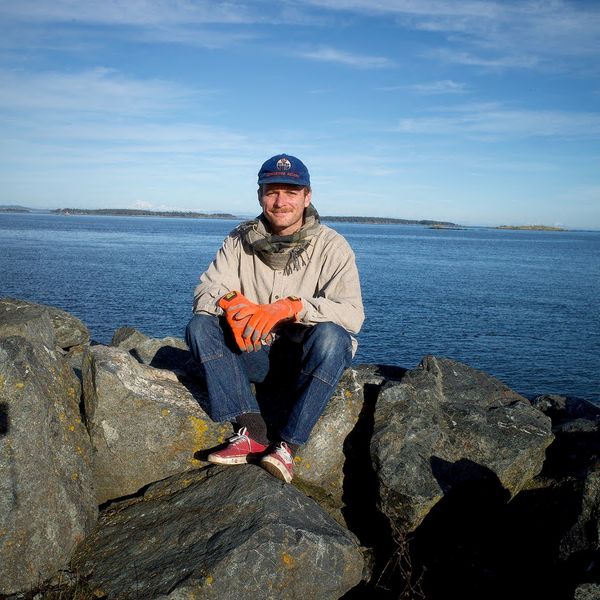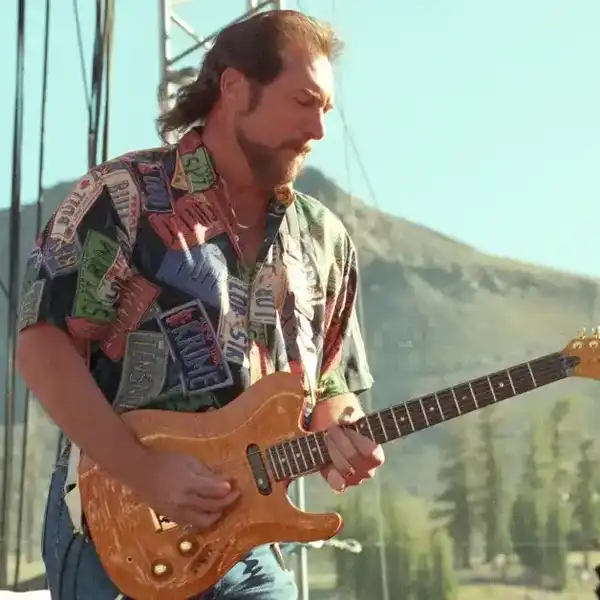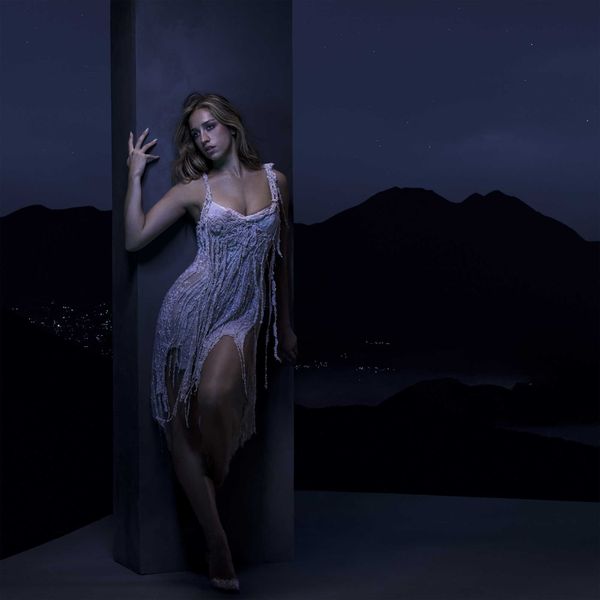Mervon Mehta & Canada’s Global Orchestra Kuné
The executive director of Toronto's Koerner Hall has assembled a cosmopolitan grouping of local musicians for a world music orchestra of the highest standard. A debut album is coming out on April 6.
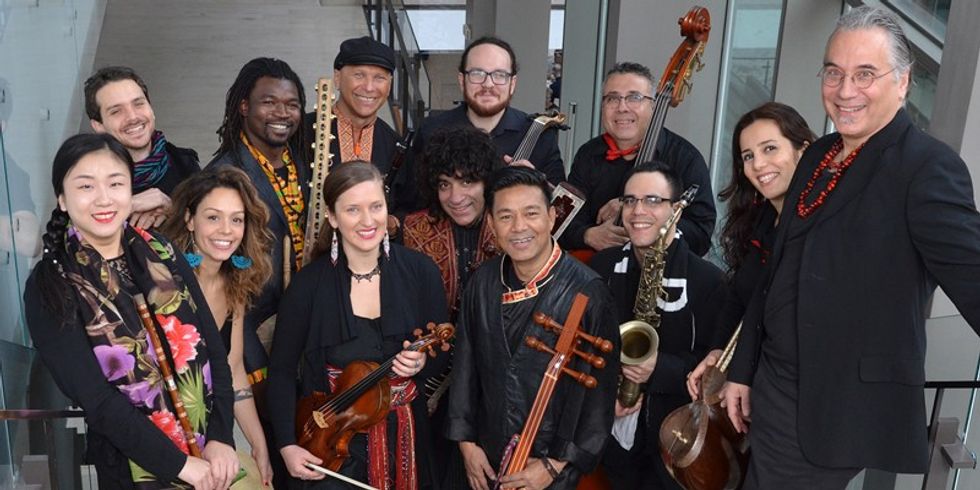
By Bill King
Mervon Mehta – Kuné - Canada’s Global Orchestra
We as a nation have become adventurous in our tastes for music, cuisine, fashion and long for a cosmopolitan lifestyle. The faces that pass us on the street, or in transit, look new to us. Children come in many colours and sound the same high-pitch joy through moments of play and delight. We are the world and are slowly embracing it.
At the centre of much of this activity is Koerner Hall executive director of performing arts at the Hall and the Royal Conservatory of Music, Mervon Mehta.
The programming is about as eclectic and accomplished as any major metropolitan centre where investment in the arts is a vital strategy and measure of the intellectual and physical well-being of its populace. I dropped in on Mehta at the Royal Conservatory for an update on a personal project he’s been touting a good decade or more – Canada’s Global Orchestra. Here’s that conversation.
I’ve got the CD in hand. Canada's Global Orchestra. What was the inspiration for putting together a band of so many universally talented young players?
It started to rumble around my head ten years ago when I first came back to Toronto after twenty years in the U.S., and I began to understand what the diversity of this city really means. Because we all talk about it, but what does it really say?
And then I started meeting musicians and being asked to provide an Indian tabla player for some group, or a Latin American sax player for another group, or put together a band. I thought, there are so many incredible musicians in this town that come from elsewhere and bring their talent with them and are massively trained or conservatory trained or in the trenches trained or street trained - beautiful players. I then started to think - what if we put them all together and form a band that kind of looks and sounds like Toronto or looks and sounds like Canada? The sesquicentennial year seemed to be the opportune time to do it.
We had a new kind of energy in Ottawa and there was a moment during one of the debates between Harper and Mulcair and Trudeau where Trudeau said something vaguely left-wing, vaguely socialist. Harper looked down his nose and said, “Well Justin, that may work for your people, but it would never work for old stock Canadians’. I’m watching on TV wondering what is ‘old stock Canadians’? What does that even mean?
Is that a dog whistle politics kind of thing? And then I start thinking, well I'm an immigrant, and I've been here in Canada for 56 years, and I’m now 58. Am I old stock or am I new stock? Am I a new Canadian or am I old?
My mother's third generation Canadian but my father's born in Bombay. So, what does that make me? It's just troubling to think about and why should we pigeonhole each other, so I thought about putting a band together that's made up of all these people from everywhere that are beautiful musicians. We started auditioning and had a plan for a one-night stand. It's now grown and grown and grown.
Everybody is drawn from this area?
Everyone is drawn from Toronto. I mean, it would have been ideal to have it drawn from all over Canada, but we had to rehearse, so we rehearsed here over a year. We started auditioning in October of 2016. The band was together by December of 2016 and the first gig was June 2017. So, for those six months we had to get to know each other. We had to understand each other's genres and instruments and how to play modal music and how to play African rhythms and how to play Iranian modes and how to play Cuban modes and somehow put that into something that sounds like it's not a train wreck. And that took a long time.
Essentially, when you put all these parts together, you must find a compatible music in all of that.
It could be a lovely thing on paper, but music doesn't work like that. It was very important to find a way to work together and to put the music together and that's when I hired David Buchbinder to be our artistic director. He was in from the ‘get go’ of this project. Not only is he good at putting multicultural music together but he's also very good at putting multicultural people and kind of laying the table, if you will.
The first time we all get together as a band, the first quote, unquote rehearsal dinner was at Lula Lounge. And we just talked, and we told some stories and not everyone speaks English. I remember everyone went around the table and had a glass of wine and toasted each other and their tradition with their language and we just started to know each other. The second rehearsal I think or the third we still hadn’t taken our instruments out of the cases and we went up to a farm near Kleinberg somewhere and hiked in the woods in January and it was 10 or 20 below zero. We stood around a fire and told more stories and eventually we took the instruments out. The bamboo flute player from China was showing her flute to the Ukrainian sopilka player and how did these two instruments work and what's the dynamic range of them and how could they match if they play around harmonically. One flute on top and one above and how would they actually work together, and we figured out which one works, and which ones didn’t. It developed from there.
Does everyone have input in the arrangements?
Everyone brought at least one tune to the table and some were proficient in arranging their tune for the full ensemble. Some don't read music. Some don't do Sibelius or Fidelio notation software or any of the music composition tools. We had to bring some people to that. David Buchbinder arranged probably about half of the tunes. Some of the musicians arranged their own. Cuban pianist/composer Hilario Duran arranged two of them and a couple of other people came in when we needed help.
One of the things that really was central to the way we put the music together was; we have twelve people from twelve different countries, but we couldn't say everyone’s going to play an African tune now and we're going to play it as well as any African band. No. We only have one African guy who really gets that music in his bones and we couldn't similarly say OK, now we're going to play a Peruvian tune because we have a great Peruvian musician because no one really knows that Peruvian music. We had to figure out how to play the African tune. At the core of a tune would be the African rhythm of the African melody. But then how do we add a sitar to that and how do we add a Cuban sax to that or how do we add a bass to that? How do we add Brazilian percussion to that and match the African percussion so that it becomes not an African tune anymore? It starts as an African tune and blossoms into, if you will, a Toronto tune or a Canadian or something that speaks of this orchestra.
I know you love this city and your role in the arts and have really taking the lead here. At the helm of Koener Hall you bring people together in the music you support and have a keen eye for talent. You must think that at this time with all the places in the world that you could be, this may be the best place to do what you're doing.
I absolutely 100 percent agree. I mean, I remember when I came back to Toronto now ten years ago. Some people, not many but some people said, like I was living in Philadelphia and before that I was living in Chicago, ‘why would you come back to Toronto,’ with some disdain in their voice. And I said, ‘are you kidding me? Look around what this city has to offer’. Not to mention the fact that I have a wife and a teenage son who wanted to go to school without guns and everything else that goes along with living in Canada. Look at the richness we have, not only in music, in film and theater and cuisine in neighborhoods. You know, the staff in this building comes from all over the world and shares whatever they have to share. It's not lost on me that I'm I still feel like an immigrant. I've been here for so long. I still feel like an outsider.
I think you will always sense that. I've been here 48 years and am very much Canadian. But I never lose touch from where I was born and where it started. Every evolving cultural centre finds it’s time and place in history.
David Buchbinder and I often talk about Toronto being a place not so unlike Andalucía in the 14th and 15th century where you had a huge Muslim influence; Arabic influence. You had a huge Catholic influence clearly and you also had a very big Jewish influence.
You go to Seville or Granada in Spain and you see the buildings that look Arabic with Arabic architecture and you taste the food which is fairly spicy - still kind of Western European but with more spices added - more than the jambalaya they do. And then you look at flamenco.
The vocal part of flamenco is absolutely Arabic. The dance part is absolutely taken from Kathak dance in India and the music and the guitar is taking from Western guitar players from Bach's age on and that all mixed into Andalucía. That’s the kind of a situation that we're living with in Toronto now. I see that not only in world music, quote unquote, but you know an artist like the Weeknd who is, very Toronto but also very much from Africa in his background. Drake's Jamaican. Half of his family absolutely influences the kind of music that he's doing which is now you know, number one in the world. But it's a very Toronto sound.
It’s Scarborough too, another region in our broad community.
It is because of him and The Weeknd and others that this has now blossomed. You have some of the best producers in hip hop living in Toronto and similarly with Kune. I think it sounds like the sound of Toronto or the sound of Canada. It's not nearly as commercial, I wish.
But would you want it to be commercial at this point?
If it became the next Buena Vista Social Club, no one would complain. That's not why we did the project.
To find these artists, was this David’s challenge?
We all did. Some of them we didn't know at all. The ‘tar’ player from Iran, no one had heard of her. She had only been in town for a couple of months. She emigrated after seven years of waiting for visas etc. and came with her family.
We had a lot of Syrian immigrants come and audition for us. Some of them are known. I mean, there are some people in the band that have been here for ten or fifteen years and we knew them. But everyone auditioned. No one was given a spot. We had about 150 people audition from I think they said, 47 different countries and we had a lot of people around the table.
Dave and I were certainly there but we also had some of our partners from Batuki Music. Nadine McNulty and Ann Mackeigan from CBC and Alan Davis from Small World Music. They were all part of the committee that listened to people.
The most important thing clearly was that people had to be able to play at a certain level but maybe even more important than that they had to be able to have an openness to playing with other genres, other cultures so that their voice wasn't going to stick out, but it was going to blend.
It was more difficult trying to find people who could do that as well as play at a high level. There was the certain very, very high level playing people that we didn't accept into the band because they were not as adventurous in their thinking.
The concert is April 7th?
It's also now part of a new festival in Toronto called Global Toronto which will go from April 4 to 7 with concerts at Lula Lounge, Hugh's Room Live, Aga Khan Museum, Small World Music Centre, The Rivoli and here in Koerner Hall. I think there are sixteen different Toronto based global music artists that have collaborated to put this festival together and quite a few concert programmers with bookers from across the US and one from France coming in for the week to see all the strong talent and hopefully book them.

